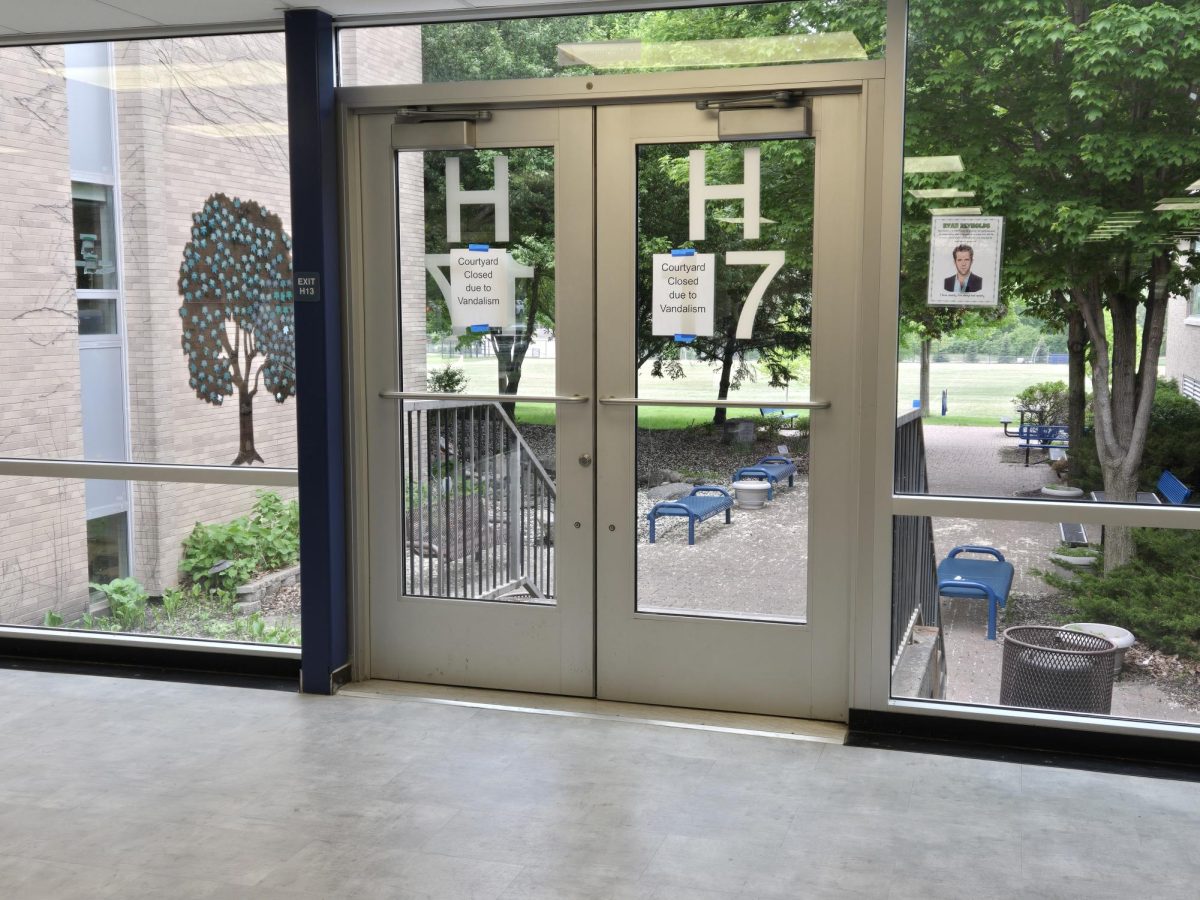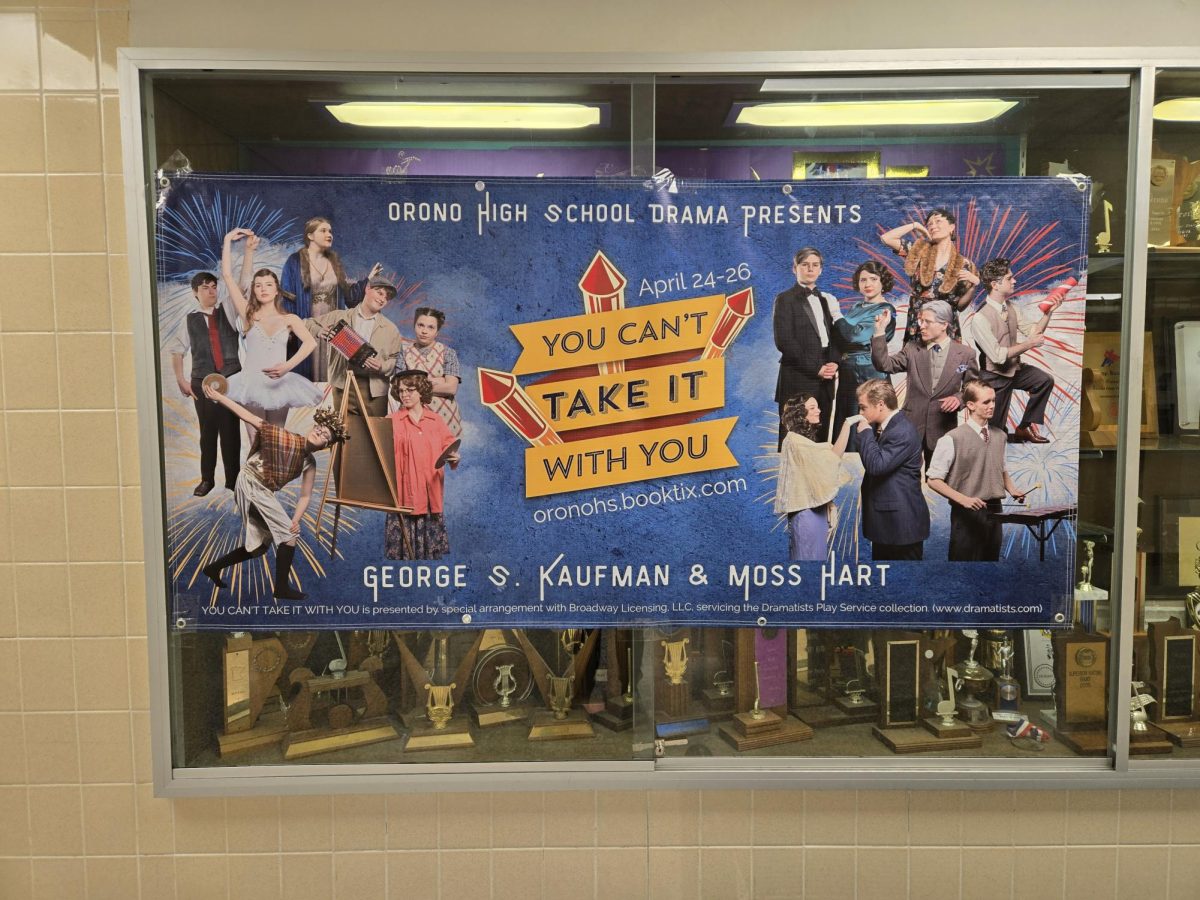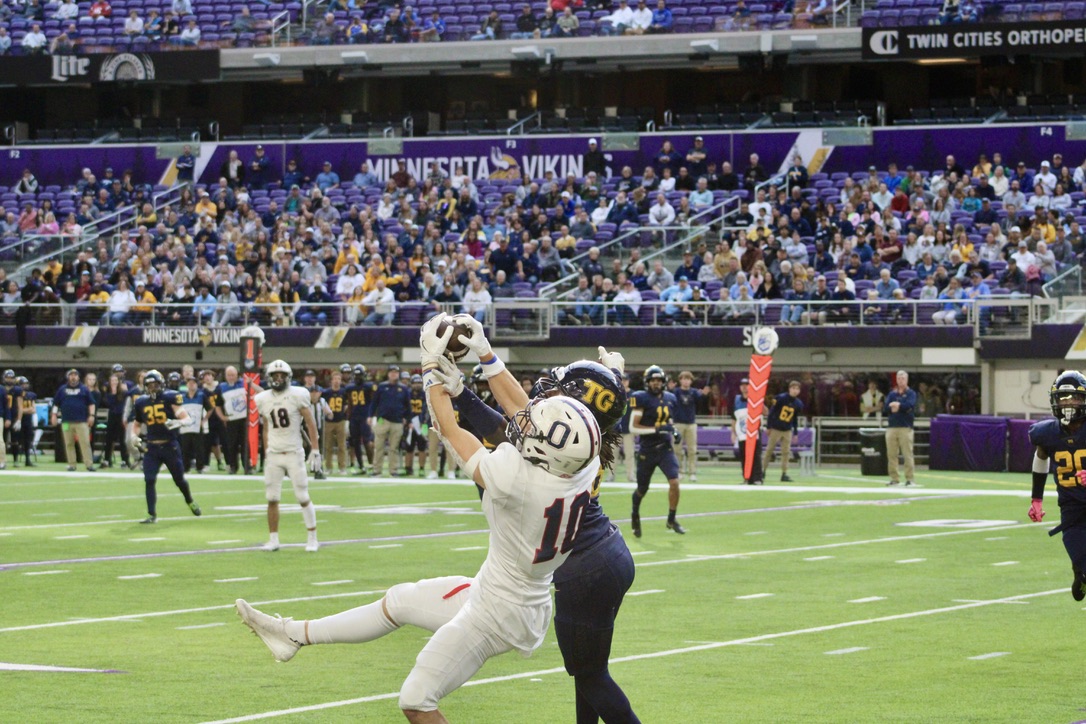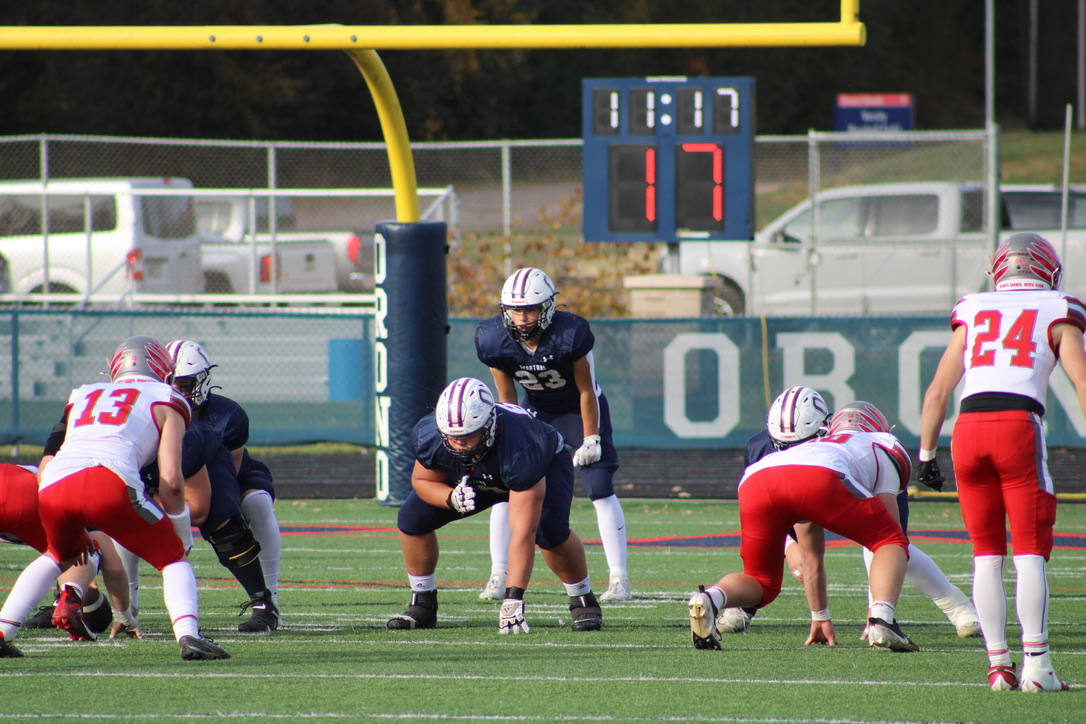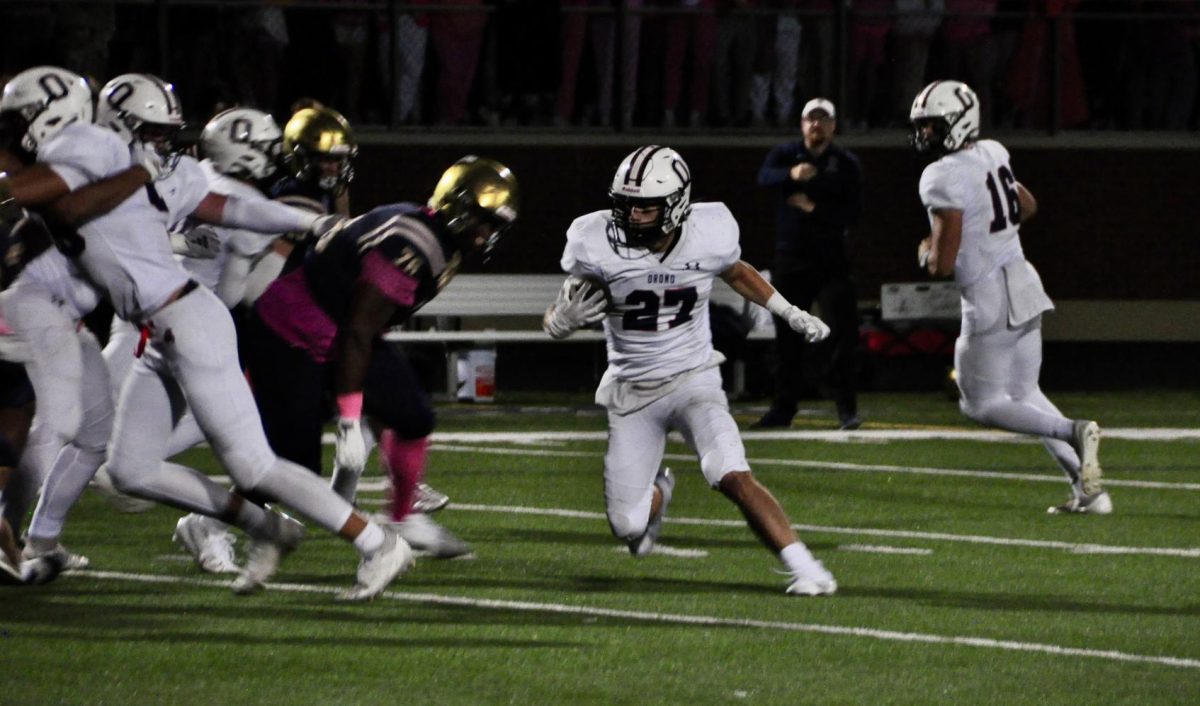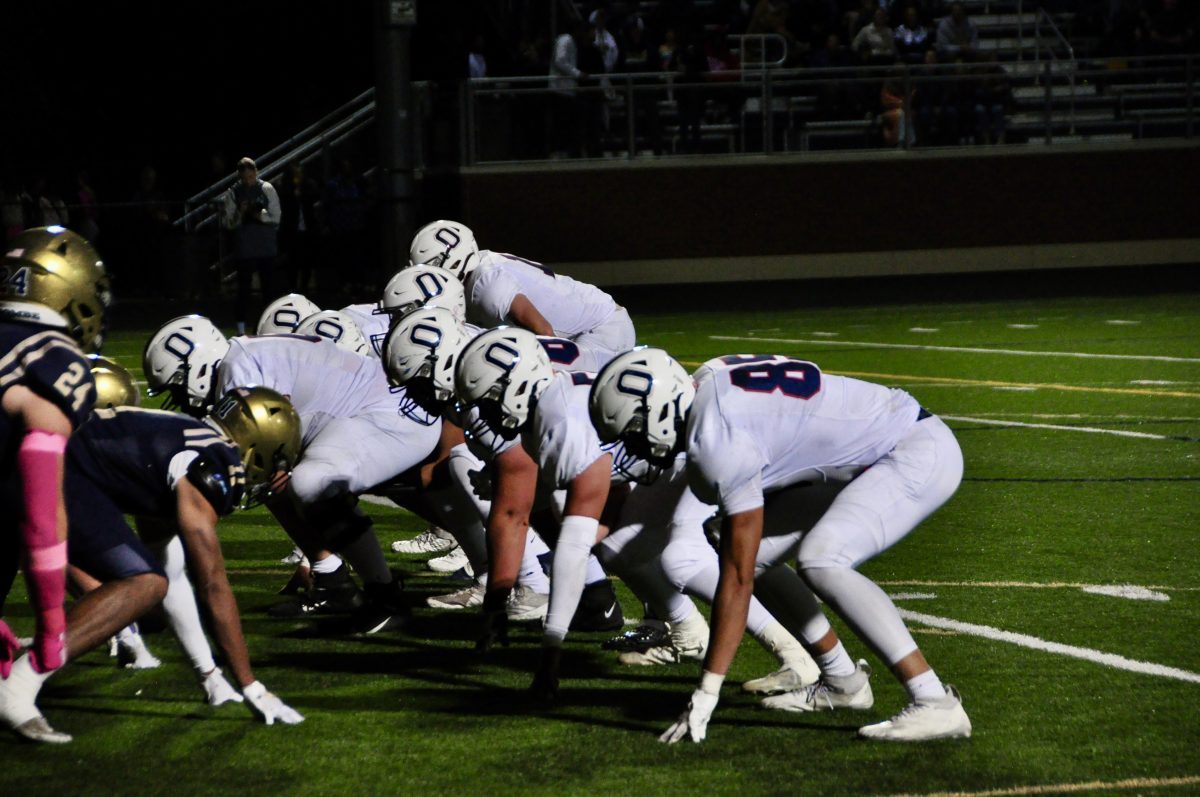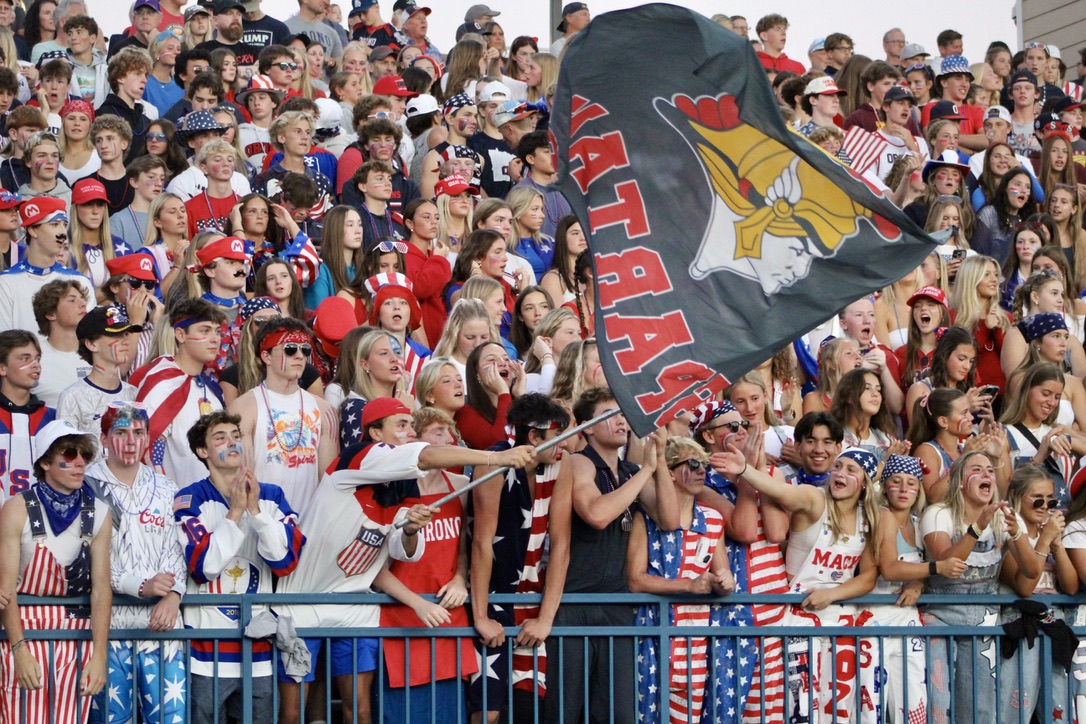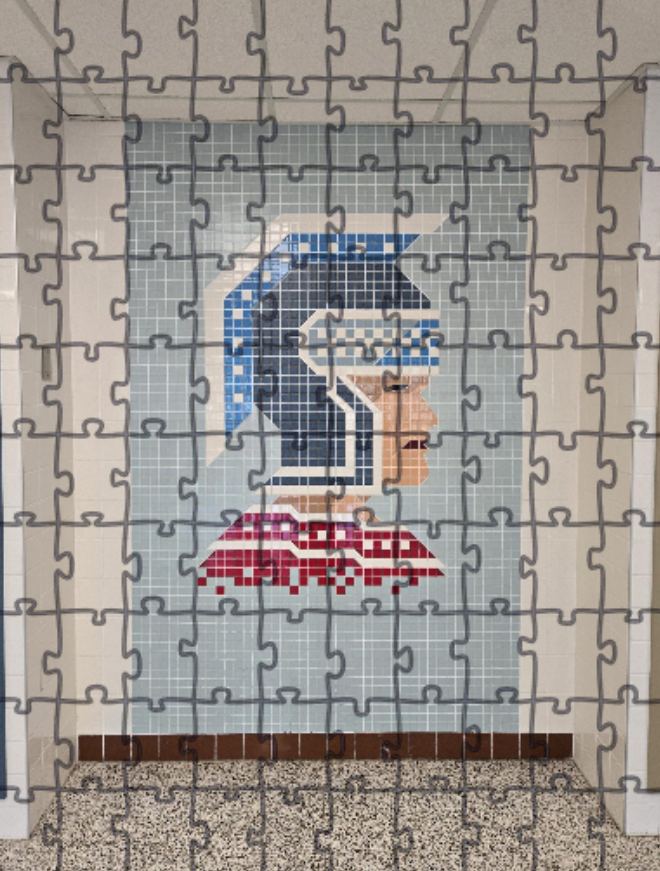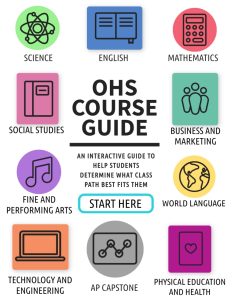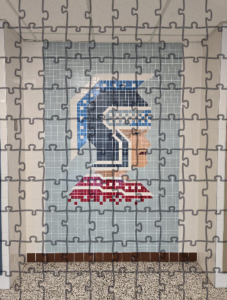Board v. Ministry of Education
March 2, 2015
Advancements in standardized testing have made it easier than ever for countries to compare scholastic performance.
The recent popularity of programs such as the Trends in International Mathematics and Science Study and the Program for International Student Assessment (PISA) have only increased interest, and investment, in international academic competition.
PISA is a triennial study administered to compare the mathematical, scientific and literary knowledge of 15-year-old students in approximately 70 nations and territories.
When it comes to taking the test, despite being the country with the largest national economy, the United States regularly scores below Canada, Australia and the United Kingdom in all subjects.
The highest ranking state, Massachusetts, comes in at just 15th place worldwide. European nations often fill some of the top 10 spots, and Asian countries dominate the top 5.
The disparity between eastern and western students is so great that Shanghai, China regularly outperforms the U.S. by up to 20 percent and has held the top spot in every subject for six years.
Many American parents believe that teachers should be held more responsible when their students do not perform as expected, but some experts seek to end this way of thinking.
According to a Stanford study from two years ago, the non-school factors (such as the number of books) in students’ homes accounted for more than two-thirds of the variation of scores on the PISA and other higher learning exams.
Chinese schools often standardize these non-school factors to maximize testing performance.
“[Chinese schools] are also typically boarding schools,” Orono senior Kerri Penke said. “We lived there, ate there, typically did our own laundry in the bathroom sink.”
Cutting out potentially detrimental variables and heightening the level of competition between peers guarantees the most consistent results with little room for error.
“You never lose the feeling of pressure as it’s practically palpable that your performance is being compared to that of your peers,” Penke said.
The American public education system is drastically different from China’s. There are not boarding schools or enrollment tests. The ability to fairly compare students in the U.S. to those in Shanghai often runs out fairly quickly because Chinese schools work by a system that Americans don’t.
Despite education laws in China, nine free years of primary school is usually a goal rather than a reality for most families. Some children are forced to leave due to being unable to pay school fees. Those who can afford to send their children to the best school are often members of the upper class or political elite. Bribery is common.
China’s annual Senior High School Entrance Examination, or Zhongkao, is usually taken during the last year of junior high school as a prerequisite for admission into almost any senior high school.
Students that fail this test are not allowed to graduate from junior high school even if there are senior high schools that want to admit them.
The stakes are so high that a student in Hunan was killed when he refused to participate in a high school entrance exam cheating ring, according to People online.
“I go to an art school for music,” Chinese immigrant Owen Cannon said. “Chinese colleges aren’t allowed to admit students based on artistic or athletic merit. I couldn’t pass the Zhongkao if I still lived there.”
Contrary to popular belief, Chinese students have actually put America on a pedestal. They envision a better place with charismatic leaders running more successful schools, according to China Merchants Bank and Bain & Co.
It isn’t rare to see a college-bound Chinese student move to the United States to finish their education. Since only 2005, the number of Chinese secondary schools in the U.S. increased by over 60 times.
If current trends reflect reality, than the average American has a lot less to worry about than they seem to. Competition may be stressing, but now wouldn’t be the first time the United States started off as the underdog to overcome adversity. The next century doesn’t belong to anyone else yet.



